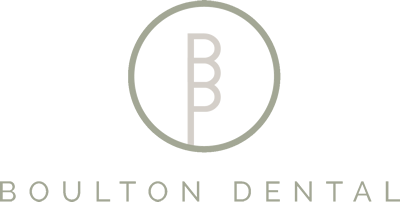
14 Aug 10 Steps to Dental Fitness.
Doing physical activity and exercise helps your body in so many ways. It can help improve your overall health, increase your energy and even reduce the risk of serious health implications like type 2 diabetes, cancer and cardiovascular disease.
Not only does physical activity have immediate and long-term health benefits, but it also helps to improve your quality of life. But very little is known about dental fitness.
WHAT IS DENTAL FITNESS?
Rather than just making an appointment when you have a dental problem or pain, dental fitness is about taking care of your teeth on a daily basis, to give your teeth the best possible preventative care.
As with an exercise regime, your dental fitness needs a plan to be a success. This is where a dental care plan can help you to take care of your teeth, and minimise the risk of long-term dental damage.
Our team are very preventative focused. We look at ways prevent disease progressing by providing you with the skills to prevent dental disease today and in the future.
WHERE TO START
If you’re looking to take care of your teeth in the best possible way, we would suggest an initial check-up to assess your dental health.
This check-list will give you a starting point and ensure that any underlying issues are addressed and help you get on a path to positive dental fitness:
1. Brush your teeth at least twice a day.
The best time to brush your teeth is after mealtimes. Choose a toothbrush with a small head to access the back teeth and ensure that the bristles are soft so they don’t damage the tooth enamel and your gums.
2. Use fluoride toothpaste.
Fluoride has been proven to help to protect your tooth enamel and reduce your risk of decay.
3. Always brush thoroughly.
Brushing your teeth should take between two and three minutes and include your tongue.
4. Use dental floss daily.
Flossing is essential to remove food residue that a toothbrush cannot reach. To do this, use a slow and gentle sawing motion.
5. Limit sweet and sugary foods.
Bacteria in dental plaque change sugars into acids that attack the tooth enamel.
6. Limit soft drinks, cordials and fruit juices.
Food acids in these drinks soften tooth material and dissolve the minerals in tooth enamel, which cause holes, known as cavities or caries.
7. Avoid using your teeth for anything other than chewing food.
This may sound odd, however if you use your teeth to crack nuts, remove bottle tops or even rip open packaging, you risk chipping or even breaking your teeth.
8. Protect your teeth when playing sports.
Ensure that you wear a mouthguard when playing sports to protect your teeth from dental damage.
9. Keep a knocked out tooth.
If you have a tooth knocked out, try to hold the tooth back in place and seek immediate dental advice. If this is not possible, wrap the tooth in plastic wrap or place it in milk and contact your dentist immediately. By doing this, the likelihood of saving the tooth is increased dramatically.
10. See your dentist for checkups regularly.
It is important to see your dentist on a regular basis. Your dentist will be able to assess your teeth and let you know how often you should be visiting. Of course, if you have a dental problem, a toothache or notice a change in your teeth or perhaps your gums are bleeding, make an appointment as soon as possible. A healthy mouth is essential to general health and well-being.
Think about your dental fitness this way – a healthy mouth and teeth are not only better for you, it helps to increase your self-esteem and general feeling of well-being.

No Comments